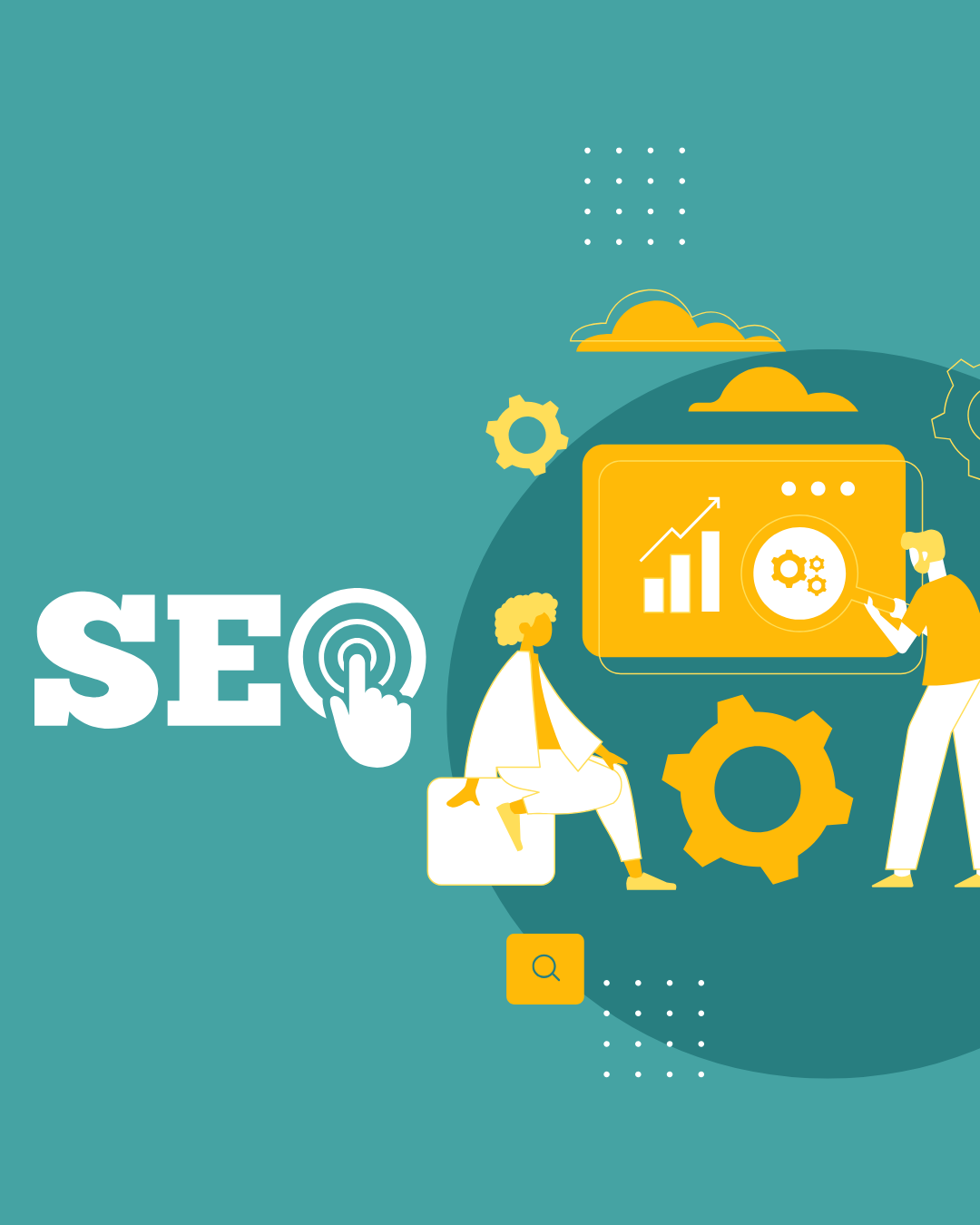On-Page vs Off-Page SEO
Although SEO may seem like a large, frightening word, its main goal is to make your website trustworthy and easy to locate. Whether you are a freelancer, business owner, or blogger, on-page and off-page SEO are the two primary forms of SEO that are most important. Let’s examine each in a way that makes sense.

What Is On-Page SEO?
Everything you do on your own website to improve its Google ranking is known as on-page SEO. Consider it housekeeping: keeping your home (or website) neat, orderly, and friendly.
What it contains is as:
- Writing material that is creative, helpful, and simple to read is a sign of high quality. Content that addresses actual questions is highly favored by Google.
- Keyword placement is the strategic use of keywords in headings, titles, and other parts of your text without coming off as forced.
- Meta Tags: These brief excerpts, such as the meta title and meta description, appear in search results. They are small but strong.
- URL structure: Use short, simple, and keyword-rich URLs (e.g., /blog/on-page-seo rather than /123/page?id=xyz).
- Internal linking is the process of connecting pages on your website to one another in order to direct readers and improve search engine crawling.
- Image optimization includes employing alt language to help search engines understand the image’s content and compressing images for quicker load times.
- Mobile Responsiveness & Speed: No one wants to wait around for a slow website, so it should load quickly and look well on all screens.
What Is Off-Page SEO?
While on-page SEO takes place on your website, off-page SEO focuses on external events that impact your site’s ranking and reputation.
Consider Google to be a judge. What you say about yourself is known as on-page SEO, and what other people say about you is known as off-page SEO. The “word of mouth” has a lot of power.
- Important Off-Page SEO components include:
- Backlinks are links pointing to your website from other websites. Google interprets a link pointing to your page from a reliable website as a vote of confidence.
- Social Media Presence: Engagement, likes, and shares on Facebook, Instagram, and LinkedIn can increase your visibility.
- Guest Posting: Contributing insightful articles to other websites increases traffic to your own.
- Online Reviews and Ratings: Trust is increased by positive reviews on sites like Yelp and Google My Business.
- Influencer Mentions: The authority of your website is increased when bloggers or influencers mention your business.
Why Both Are Needed for SEO Success
There is no need to pick one over the other. Consider it this way:
- On-page SEO = Creating an eye-catching store
- Off-page SEO = getting customers to tell others about your store.
One is less effective without the other. It won’t rank if your website has excellent content but no one linked to it. Additionally, Google won’t be impressed if people are connecting to a poorly written website.
Final Remarks
SEO is a continuous interaction between your website and the internet, not a one-time task. You’re positioning yourself for long-term success and visibility if you maintain your material (on-page) and establish your presence off-page.
Thus, begin modestly. Make your pages more efficient. Make contact. Distribute. Participate. Additionally, you will eventually be rewarded by the search engines and your viewers.
